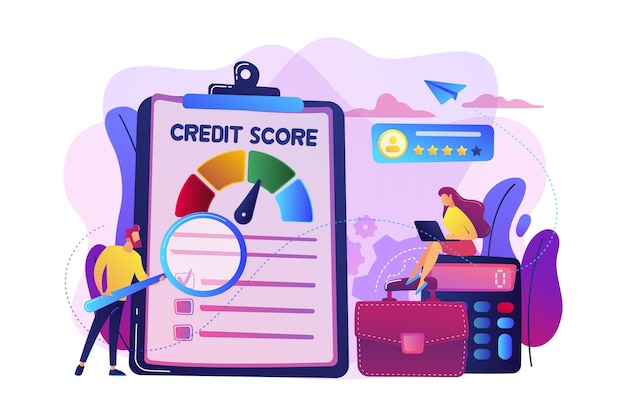
Regardless of how near or far away retirement is for you, anxiety about financial stability is common. The good news is that it’s never too late to establish good financial habits that can improve your situation and prepare you for any unforeseen circumstances. Changing your financial circumstances may seem a formidable task, but it need not be. To start off, consider applying these five easy-to-follow strategies that foster good money-saving habits.
Create a Practical Monthly Budget
Understanding and managing your monthly income properly is crucial. One effective way of doing this is by setting a budget, which can help you allocate funds for various expenses including rent, credit card payments, and groceries. Begin with assessing your monthly expenses and identifying your spending habits. This insight will help you identify areas where you can cut costs and control your expenditure. Knowing how much you need for bills each month, will then allow you to disperse your remaining income between discretionary spending and savings. The main goal here is to ensure you save more than you spend barring situations of emergencies or unforeseen expenses.
Boost Your Credit Score
Having a credible credit history enables access to significant purchases such as houses or vehicles. If your credit score is low or limited, it may hinder your eligibility for beneficial loans or interest rates. Being aware of your existing credit score is the first step. Access your free credit report and begin to develop a plan focusing on improving your score. A good strategy is to swiftly pay off your debt, thereby, enhancing your credit utilization rate and subsequently boosting your credit score. Regularly review your credit score to ensure it’s improving. If it dips despite your best efforts, this could indicate possible credit card fraud.
Establish a Savings Account
Segmenting money into a savings account ensures its non-usage for regular consumption. As this accrues over time, it provides a financial safety net for unexpected expenses. The amount you initially deposit may be small, but the goal here is consistency and the development of a good savings habit. In time, as your financial security strengthens, you can incrementally increase your savings contributions. This savings account can serve as your retirement fund or become a helpful backup for unexpected expenses, like medical bills or car repairs.
Monitor Your Expenditure
Being conscious of your spending habits is integral to your financial stability. Set a budget for discretionary spending and aim to not exceed your limit. Resist the temptation to splurge unnecessarily and instead, save towards your essentials. Utilizing cash over credit for purchases can help avoid accumulating additional credit card debts, thereby paving the way towards a healthier financial future.
Clear Your Debt
While a debt-free life may seem distant, it’s achievable with dedication. Paying the bare-minimum each month towards your credit card debt can be a slow process. Instead, commit as much as you can afford towards this debt each month. If possible, doubling or tripling the monthly payments will expedite the clearance of your debt faster, leaving you with more room to save each month.
Incorporating these five effective habits now can go a long way in laying the foundation for your future economic solidity. These simple practices will instruct you on living within your means and teach you strategies to maximize savings, preparing you for unexpected incidents. Begin implementing these tips today and set yourself on the path of financial liberty.


